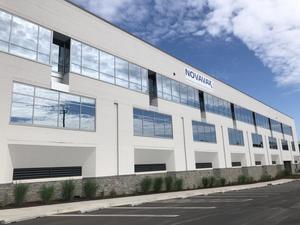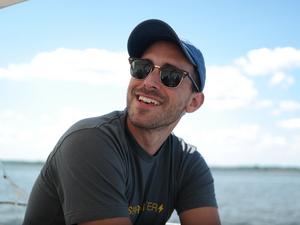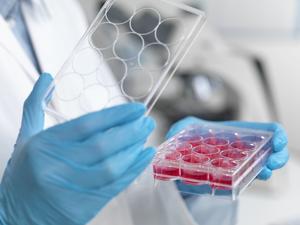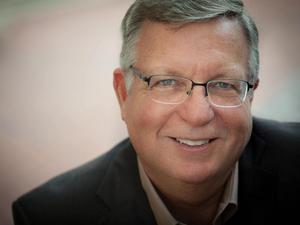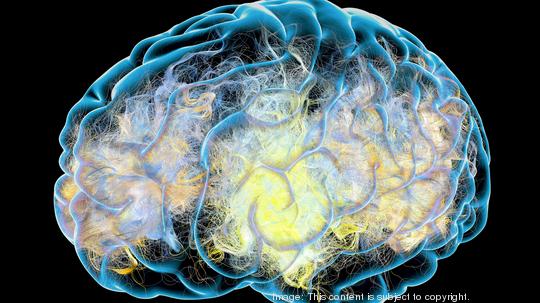
D.C.’s Altoida Inc. wants to change how and when doctors diagnose neurodegenerative disease like Alzheimer’s — and has secured millions of dollars to get its tool to market.
The neurotechnology company, whose platform measures brain function via a smart device, has raised $14 million in a second, oversubscribed chunk of Series A funding, CEO Travis Bond told us in an interview.
The full round, totaling $20.3 million, positions the business for aggressive growth amid “so much commercial traction,” Bond told us. “We are just trying to juggle it all and meet the need, but the need is profound.”
That capital comes from lead investors M Ventures, the corporate venture capital arm of Germany’s Merck KGaA — a different company from New Jersey pharmaceutical giant Merck — and Toronto’s Whitecap Venture Partners. New investors HonorHealth of Scottsdale, Arizona, and btov Partners of Switzerland participated, as did a handful of existing investors including London’s Hikma Ventures, San Francisco’s Fyrfly Venture Partners, and Alpana Ventures and VI Partners, both of Switzerland.
Altoida’s charge
The technology, which took about 20 years to create, allows a user with a smartphone or tablet to test the brain’s cognition (how you think and act) and function (how you move). That’s important, Bond said, because neurodegenerative diseases can impact these things years before a diagnosis is often made. The user completes a 10-minute test, which uses artificial intelligence to stimulate real-world activities (think: find your keys) and analyze what’s going on in the brain.
The device, already approved as an aid for cognitive assessment, has shown it can identify with 94% accuracy if a person will go on to develop Alzheimer’s, Bond said. “We can really put a pin in the map of where you are in disease progression.
“Other sorts of tests can’t do that,” he added.
Today, doctors use legacy questionnaires or tests such as a lumbar puncture, which takes a sample of spinal fluid from the back with 70% to 80% accuracy, in addition to being more invasive. And other tests, such as PET scans, are predominantly available in rich ZIP codes, he said. “A neurological disease that affects everyone regardless of social status, the prevalence now is increasing at an alarming rate and the ability to rapidly diagnose or diagnose early doesn’t exist in the arsenal of neurology.”
The neuroscience tools that are available operate at such a macro level, he said, “that you typically have a stage 3 cancer equivalent by the time somebody wants to start to label this thing, and you’ve really missed the therapeutic window.”
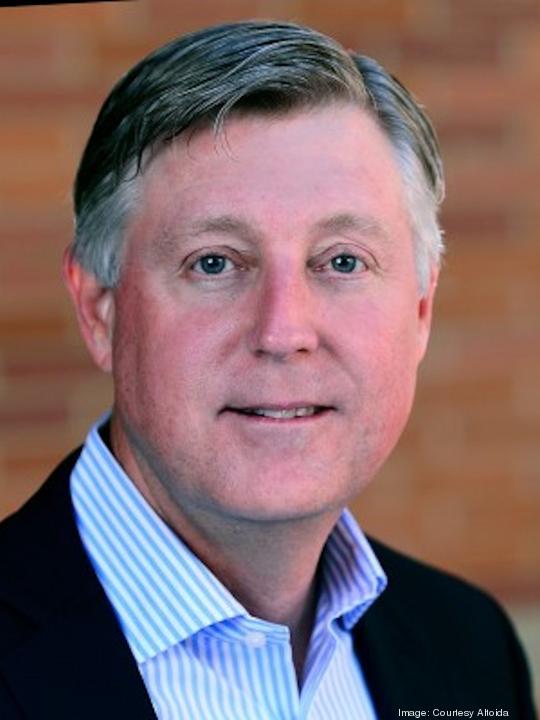
The road to approval
Altoida’s product, which aims to expand access and provide a more sensitive test, received breakthrough designation from the Food and Drug Administration in July. It’s now undergoing a one-year trial that would help inform an official regulatory approval, which would allow Altoida to make the claim its risk score can be used to diagnose Alzheimer’s disease. Bond expects that would come in 2024.
At that point, “we will be expecting providers throughout the world to be able to quickly diagnose and predict whether an individual has Alzheimer’s disease,” he said. The company also plans to make it available to consumers directly starting in January 2023, likely under an annual subscription model so users can test and continue to monitor their brain function. An individual taking an over-the-counter medication that claims to improve brain function, for example, could use this test to determine if it’s working — like a bathroom scale for the brain, Bond said.
Altoida is already providing its tool in 14 languages to researchers, pharmaceutical and consumer packaged goods companies across 20 countries. The goal is to help identify people with early stages of neurodegenerative disease experiencing mild cognitive impairment — those most likely to respond to new or existing therapies, Bond said. Those customers are using the platform to improve drug development, accelerate clinical trials and help bring more effective treatments to market.
With that model in place, Bond said, the company exceeded $2 million in revenue for 2021 and is on track to reach between $6 million and $8 million in revenue for 2022.
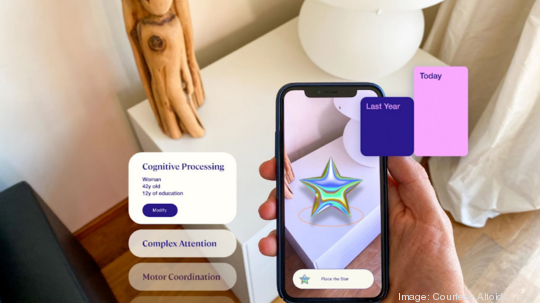
The new funding — and more to come
Armed with the capital injection, the 45-person Altoida — headquartered in Navy Yard with employees globally — is “hiring like crazy” across its medical, scientific, engineering and commercial teams to double its headcount by year’s end, Bond said. The financing will also enable the company to invest in research and development, to add another 10 clinical trials to its roster in Parkinson’s, multiple sclerosis, schizophrenia and now, Covid long-haulers. Those studies would provide a path for Altoida to expand the diagnostic claims for the device.
Altoida’s Series A “was supposed to be $5 million and quickly grew to $14 million,” Bond said. “We really just wanted to raise a smaller amount of money to prepare for a robust Series B.”
The company plans to open that Series B by early summer at $30 million to $50 million, Bond said. That will help to push toward regulatory approvals, advance the product to the business-to-consumer market and continue to fund its trials.
Altoida advances its platform amid a “tsunami” for neurodegenerative disease, Bond said. There are an estimated 1 billion people around the world with some neurological condition and 55 million with dementia currently — a number expected to triple over the next few decades.
Altoida’s platform is built on decades of research dating back to 2001, when co-founder Ioannis Tarnanas set out to assess changes in brain health, inspired by his grandmother’s experience with Alzheimer’s. The company funded its clinical trials with grant dollars, before raising about $2 million in seed funding in 2018. Data from a five-year study were published in December 2020, and Bond was tapped as CEO in January 2021 to grow the commercial business. He took the team from three to 40 in 12 months, after a 24-year career in health care.
